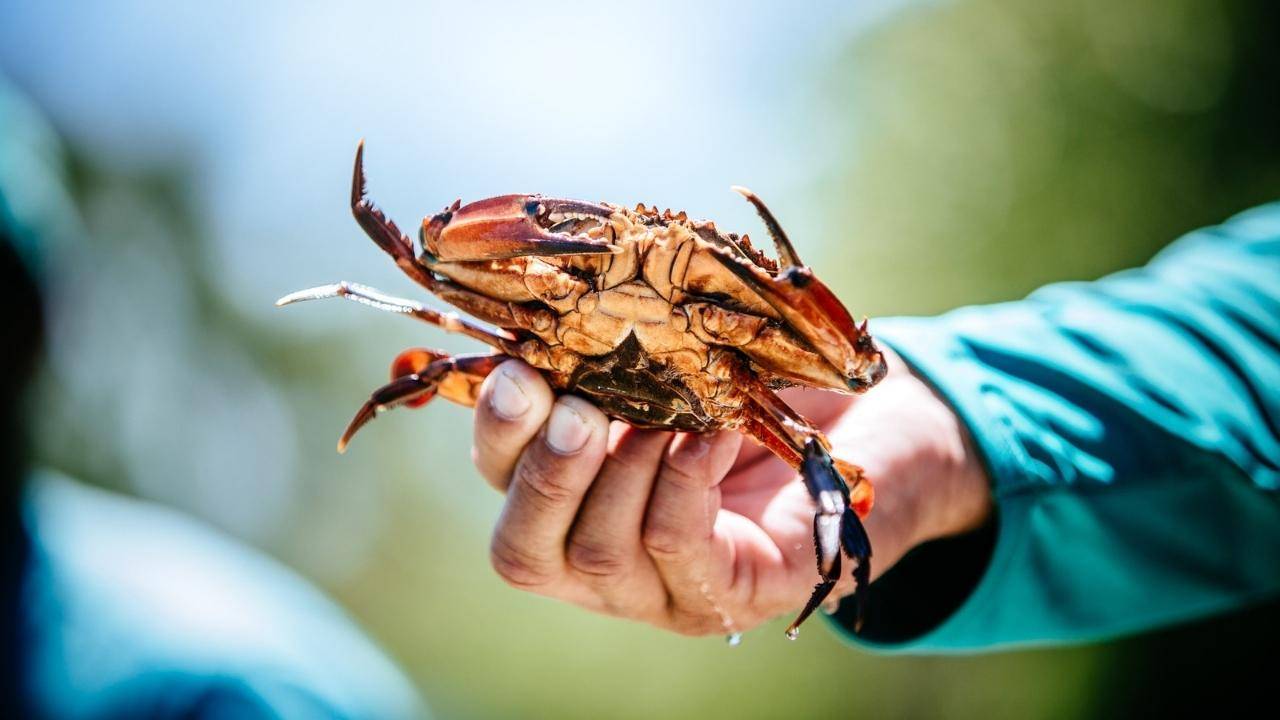Chitosan is a derivative of chitin, a polysaccharide found in the shells of many insects and crustaceans. It is the most abundant biopolymer in the world, after cellulose which is found in plants.
This biopolymer has unique properties. It’s biodegradable, biocompatible, fire-retardant, anti-microbial, non-toxic… the list of positive attributes goes on.
There are over 400 established applications of chitosan across a range of industries, such as water treatment, textiles, agriculture, and food processing.
But where to find chitosan in abundance?
Craig Kasberg, an Alaskan commercial fisherman had a vision. He got the idea to take discarded crab shells from the fishing industry and use them to produce chitosan-based solutions that displace a range of toxic chemicals that are used in many industrial processes.
His company, Tidal Vision, is the only company that commercially produces chitosan in the USA. They have developed their proprietary zero-waste technology to extract chitosan from the shells that would otherwise go to waste.
So how can chitosan make industries more sustainable?
Water treatment processes may benefit from Tidal Clear™, a chitosan acetate that is used to treat stormwater and wastewater.
Chitosan binds to suspended heavy metals, minerals, and hydrocarbons in wastewater, preventing these pollutants from reaching local water bodies.
This way, factories, mining operations, and power plants can not only reduce their environmental impact but also cut operating costs.
Copper- and aluminum-based solutions used in the textile industry can cause a series of health problems and are also an environmental hazard. Tidal Tex™ is a chitosan derivative that replaces synthetic treatments with a green alternative.
Tidal Grow™ is another chitosan-based product that helps plants grow in a 100% natural way. Plant wall cells detect the presence of chitosan, triggering a systematic response throughout the plant, which increases stress resistance, resilience to pests, and productivity.
Through these innovative technologies, this fisherman-turned entrepreneur found a way to encourage sustainable fishery practices while finding a use for a byproduct of no value to create jobs.
Sustainable business at work!
More inspiring green news similar to this:


